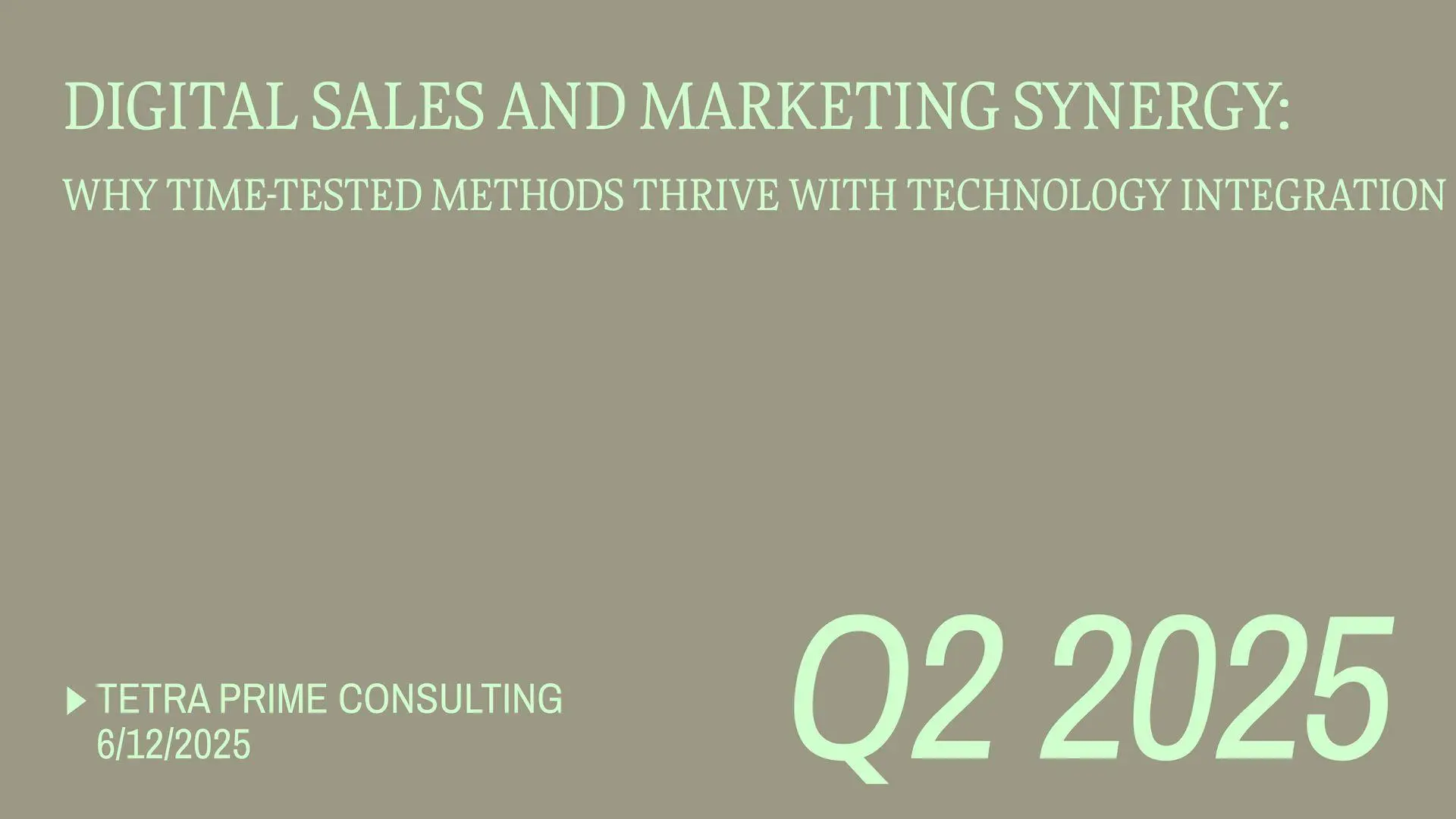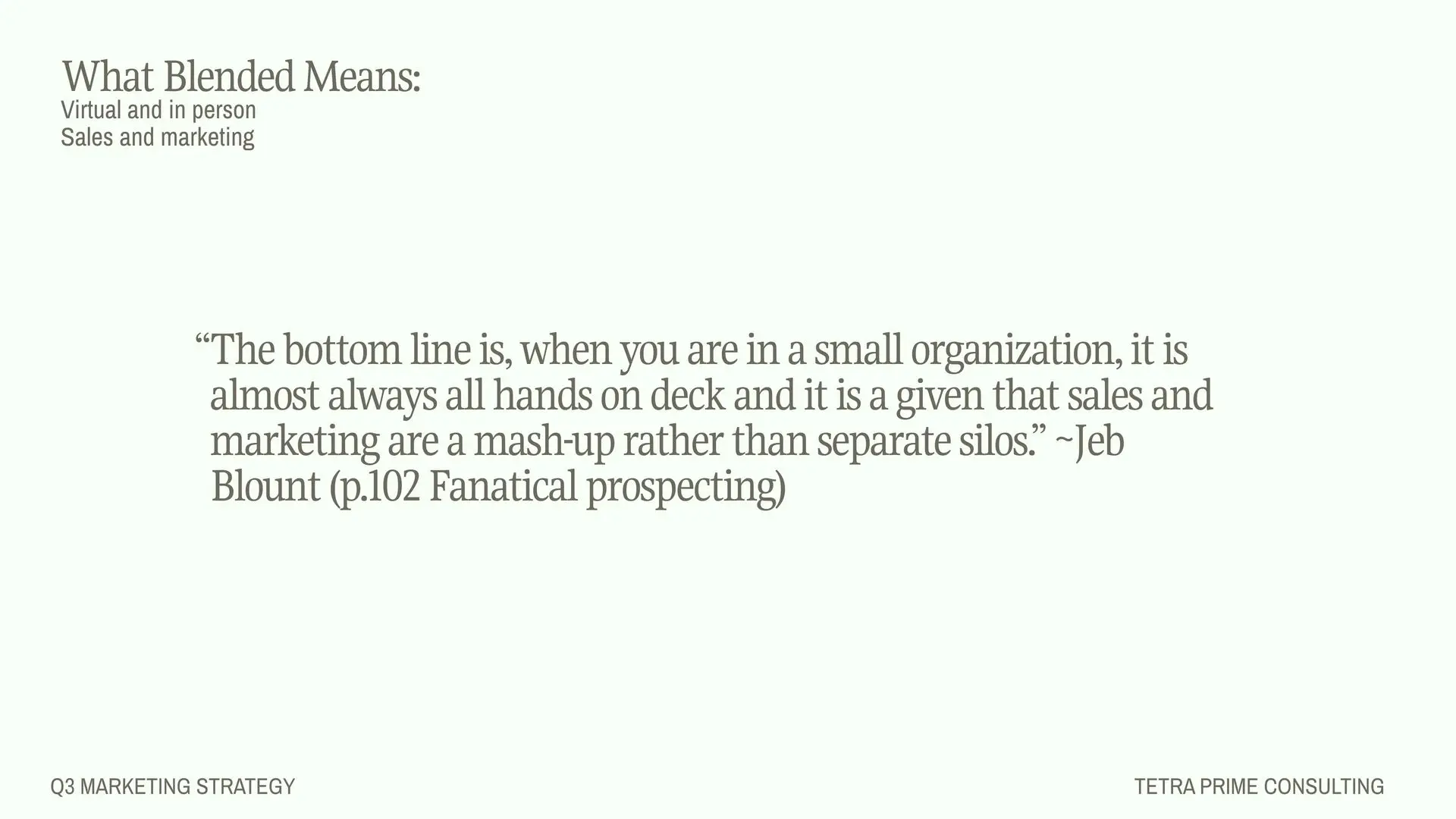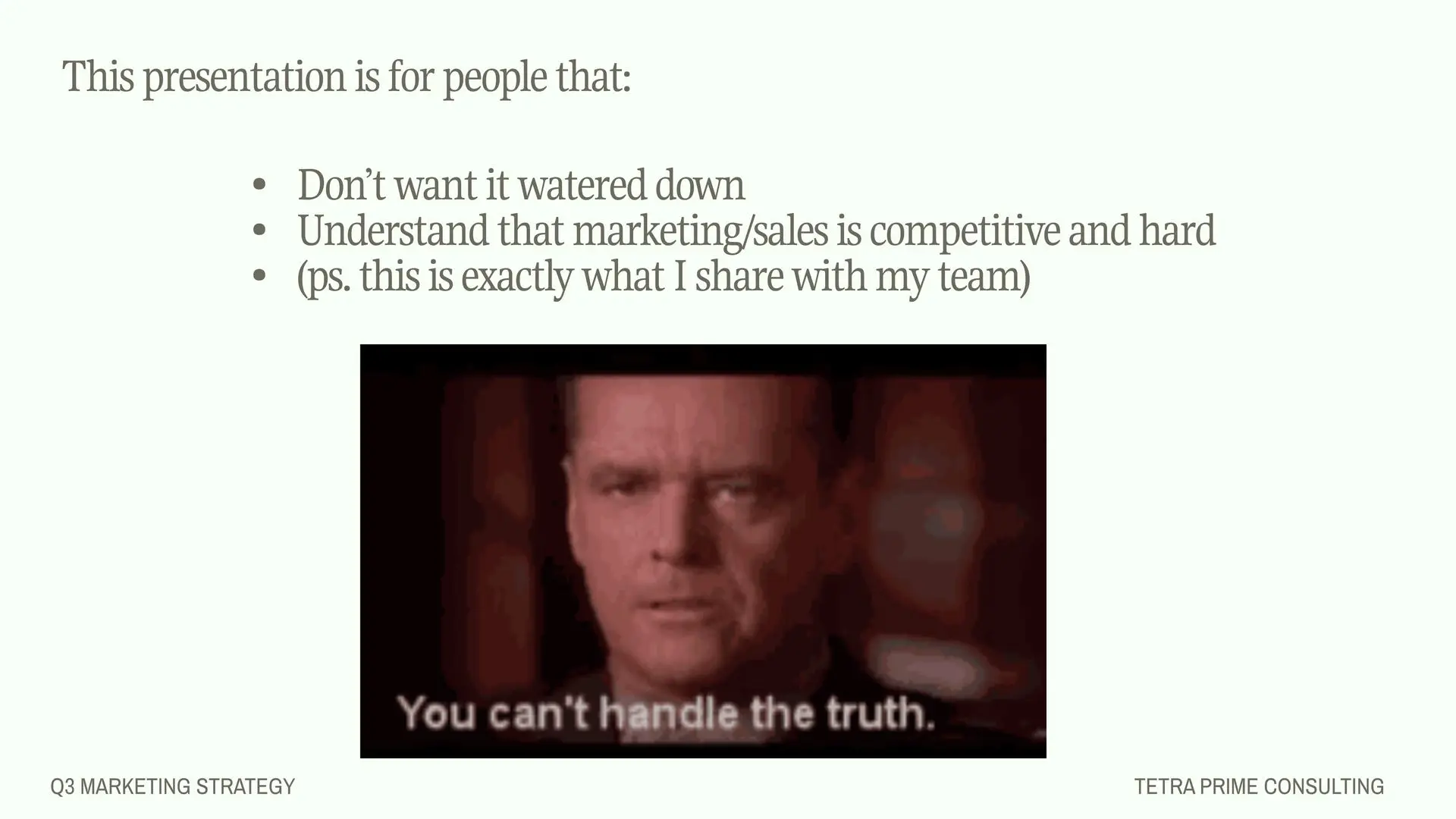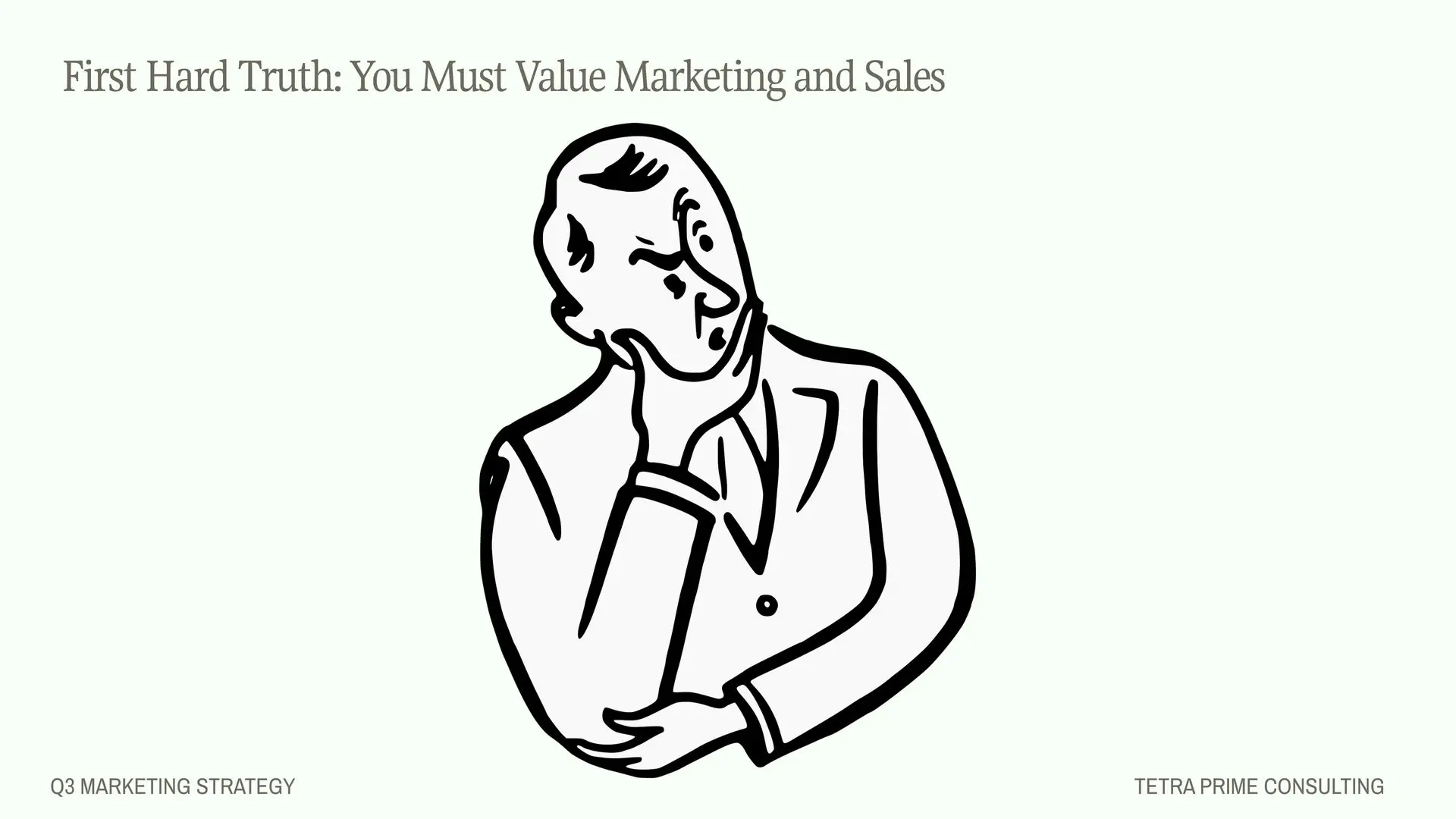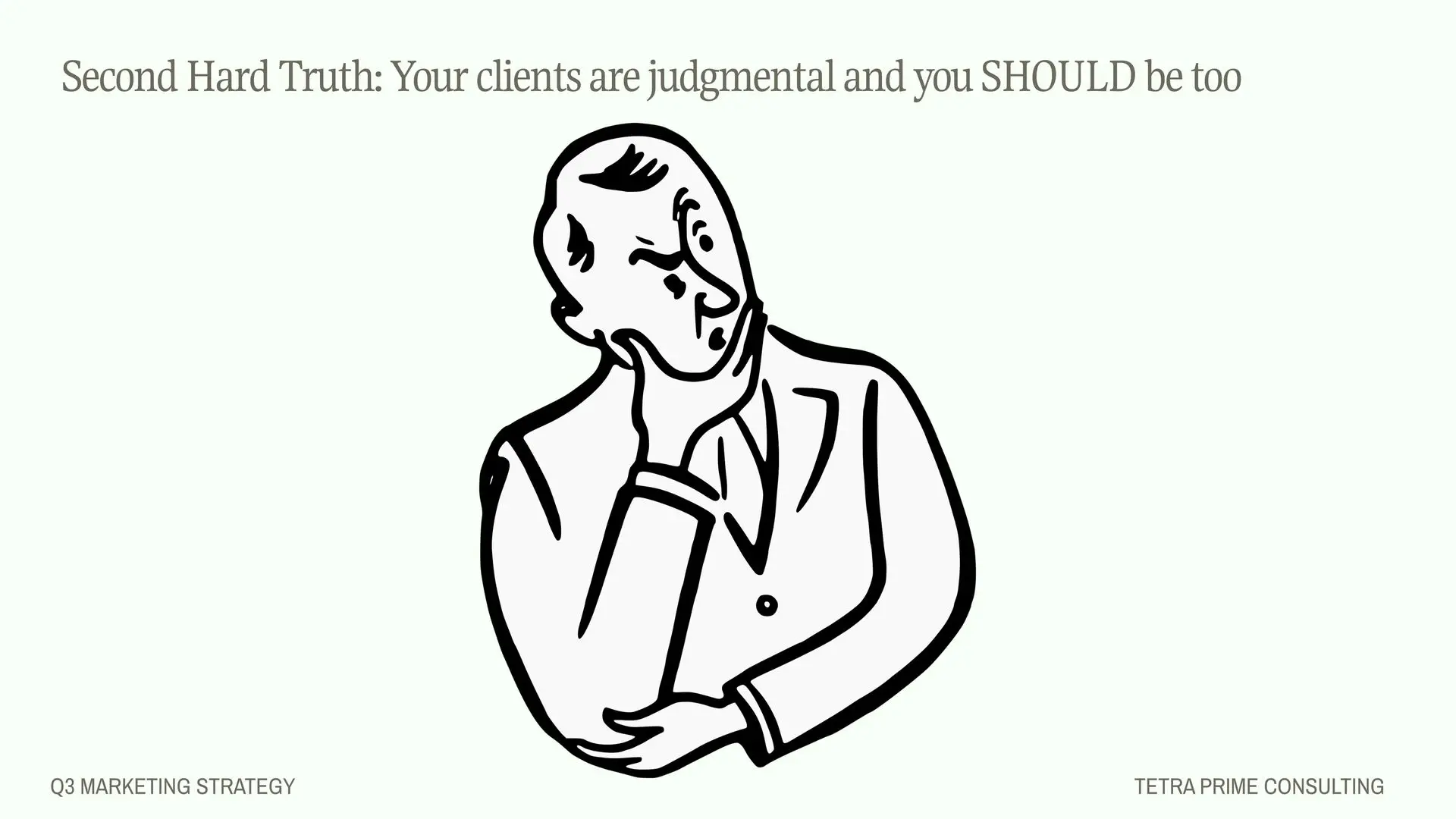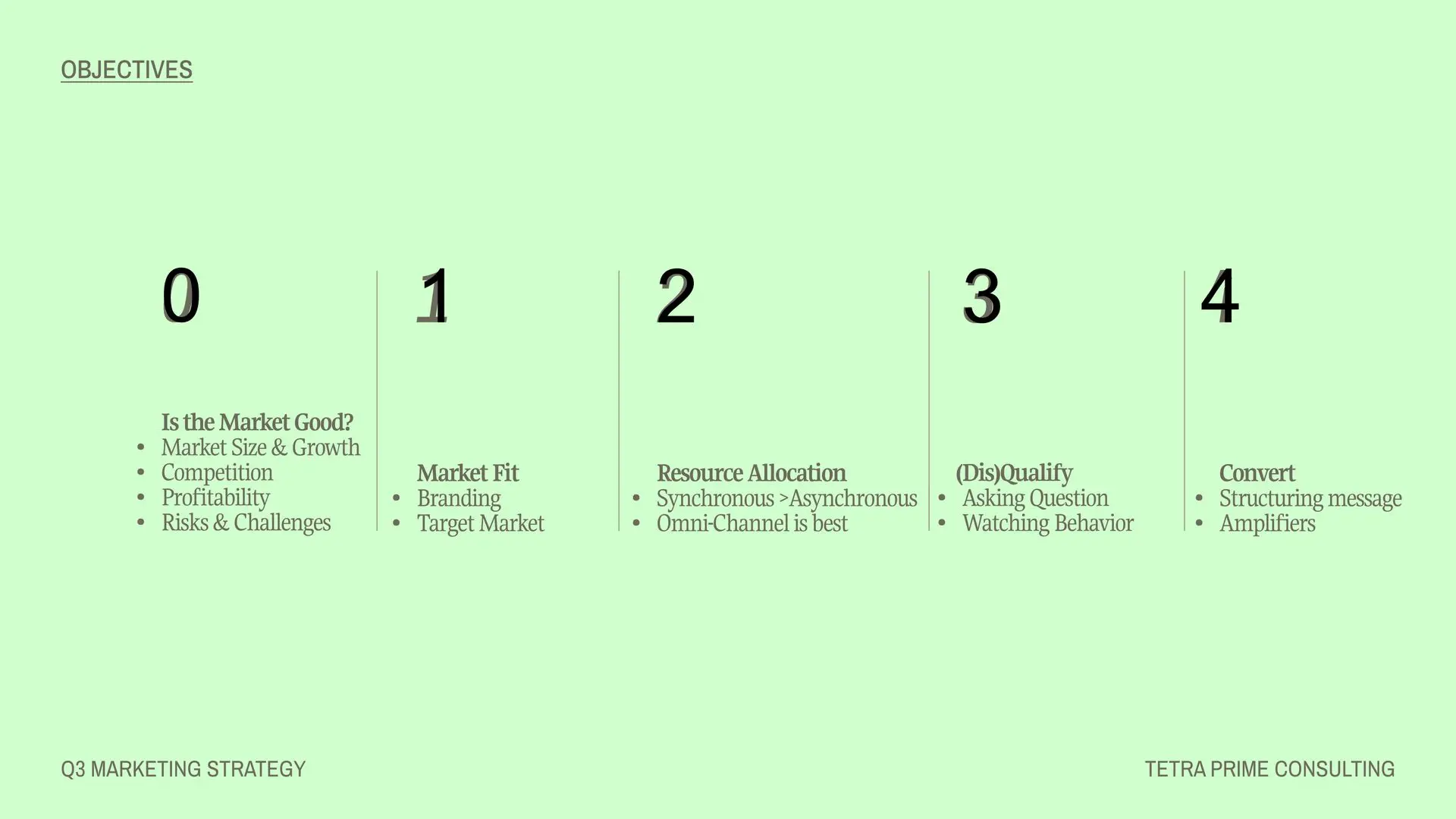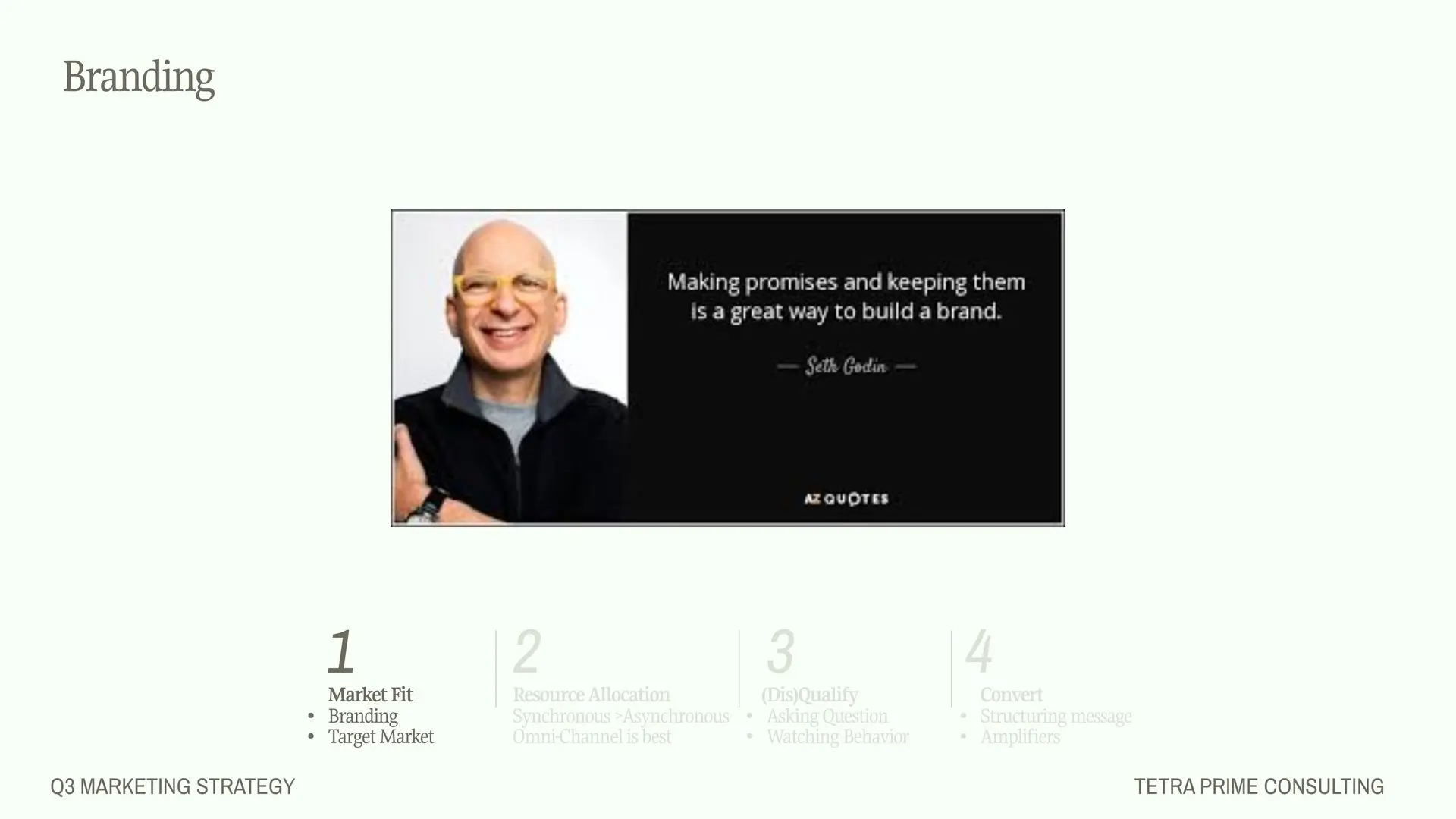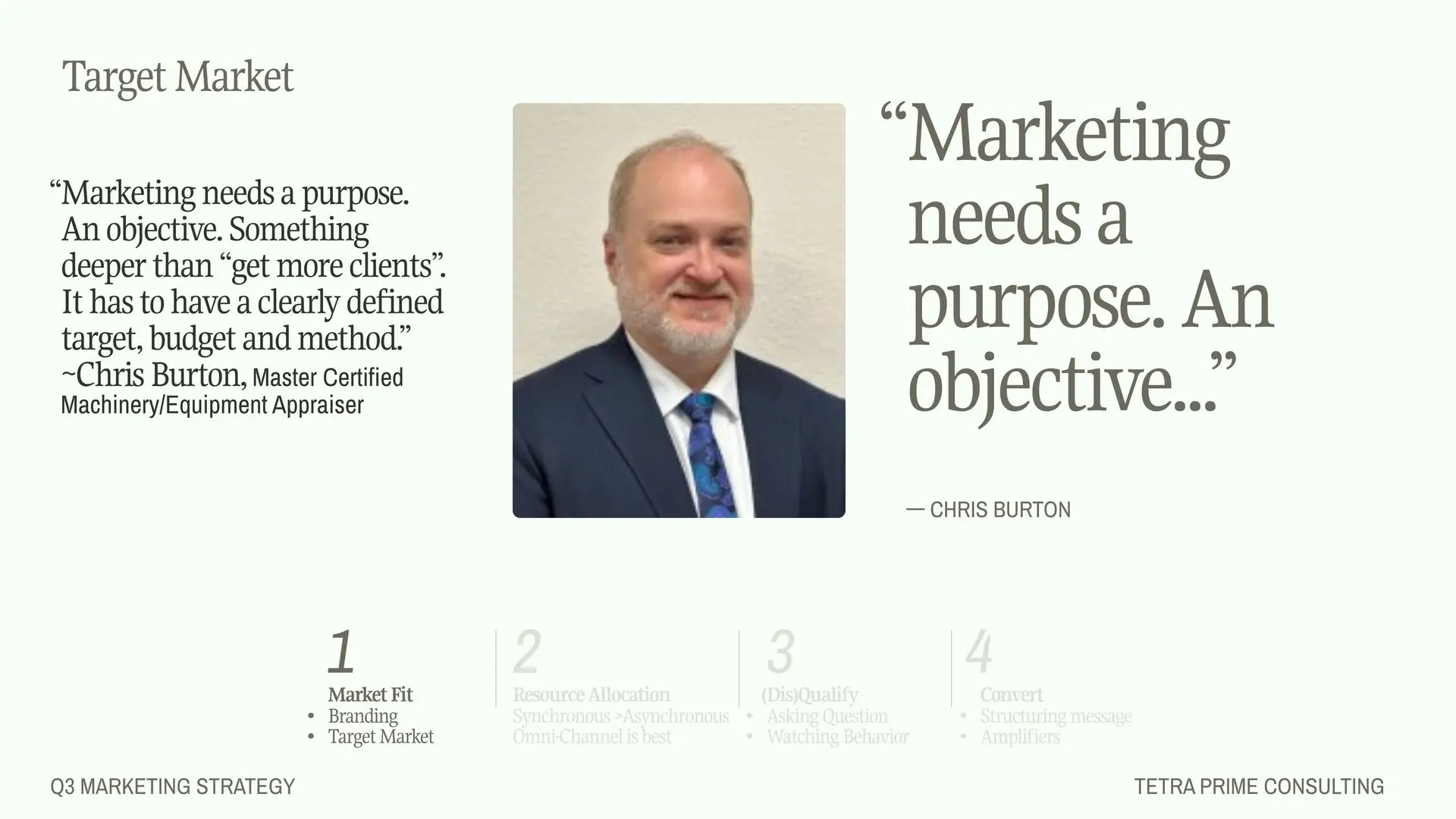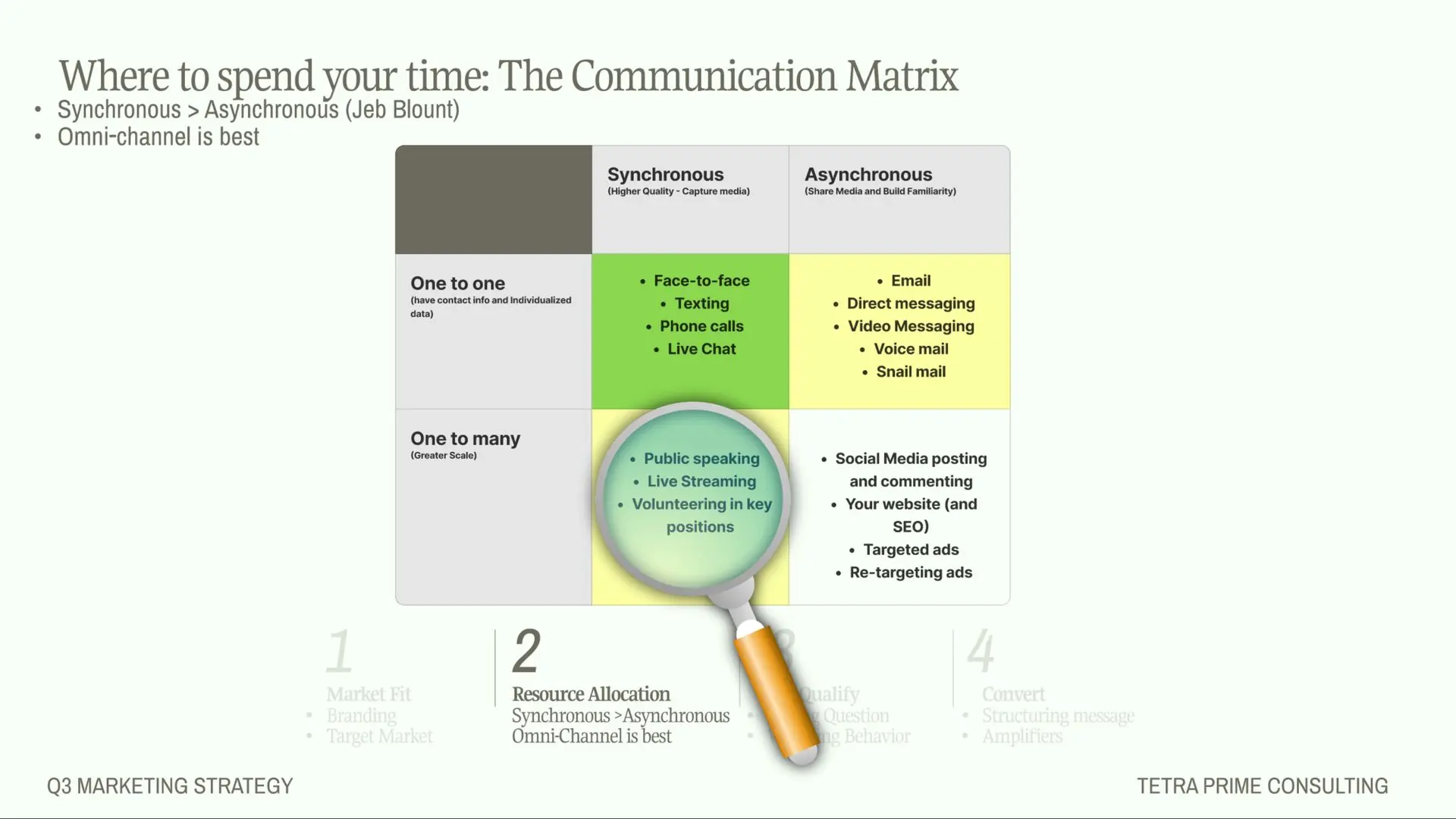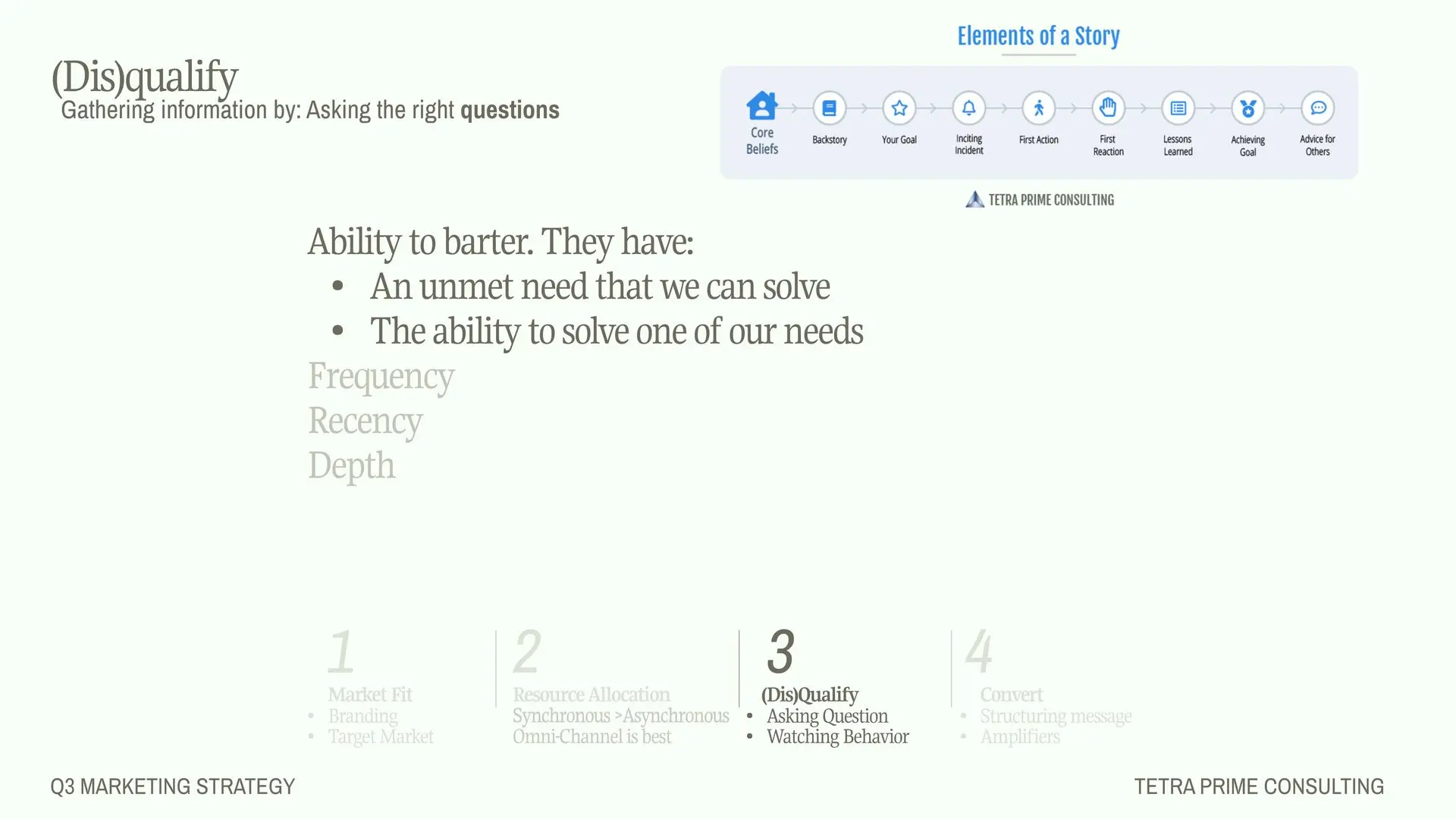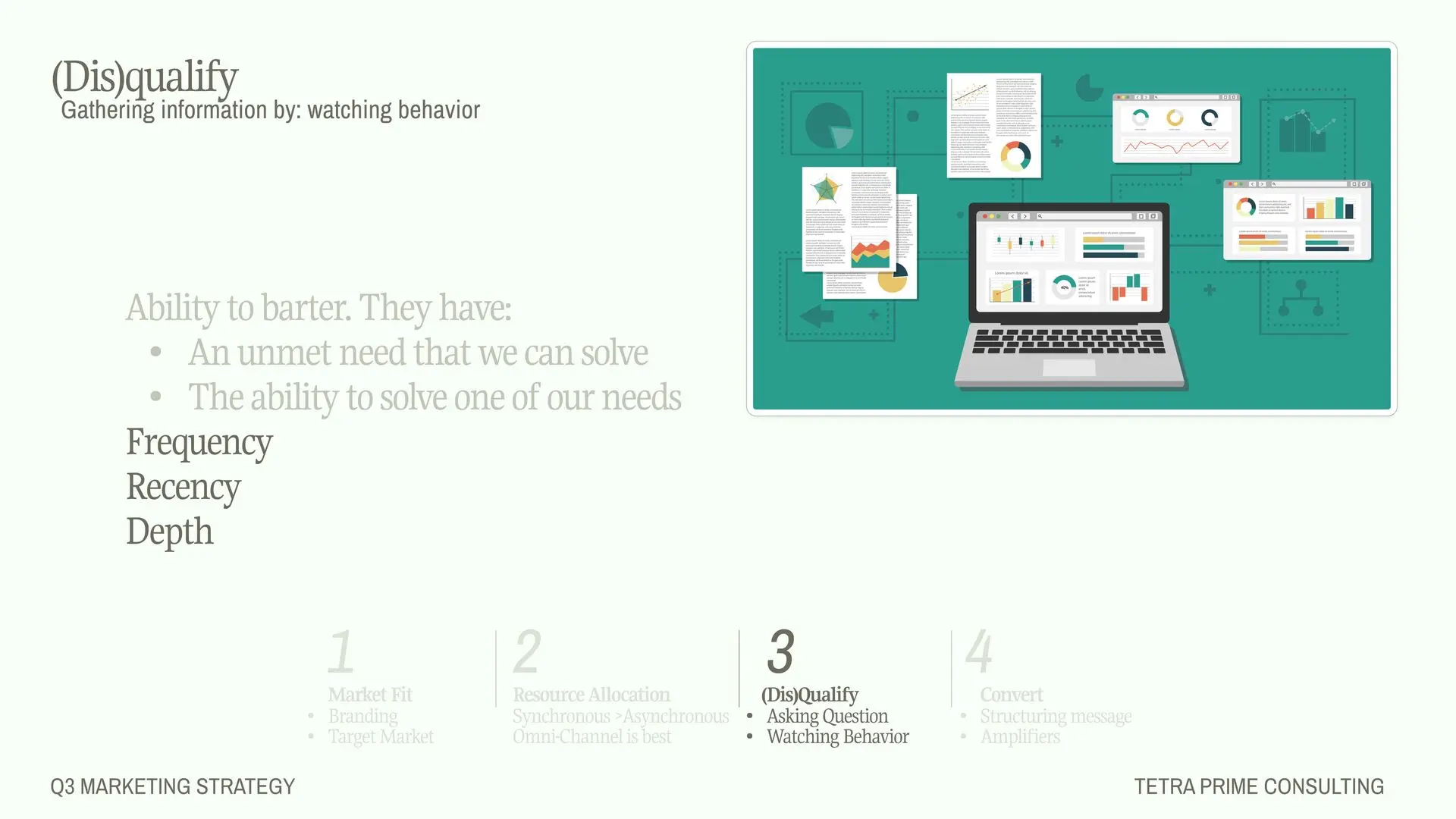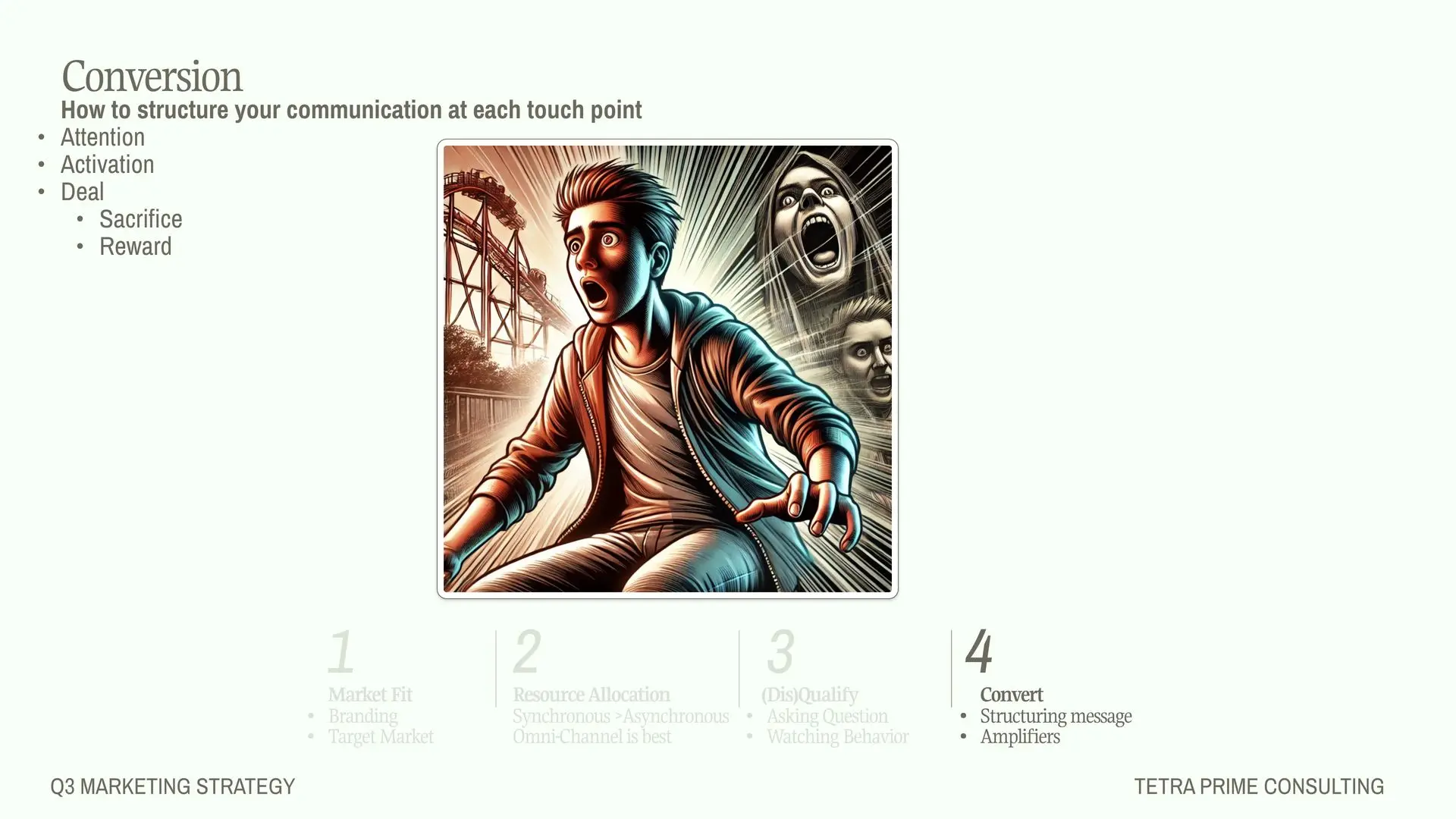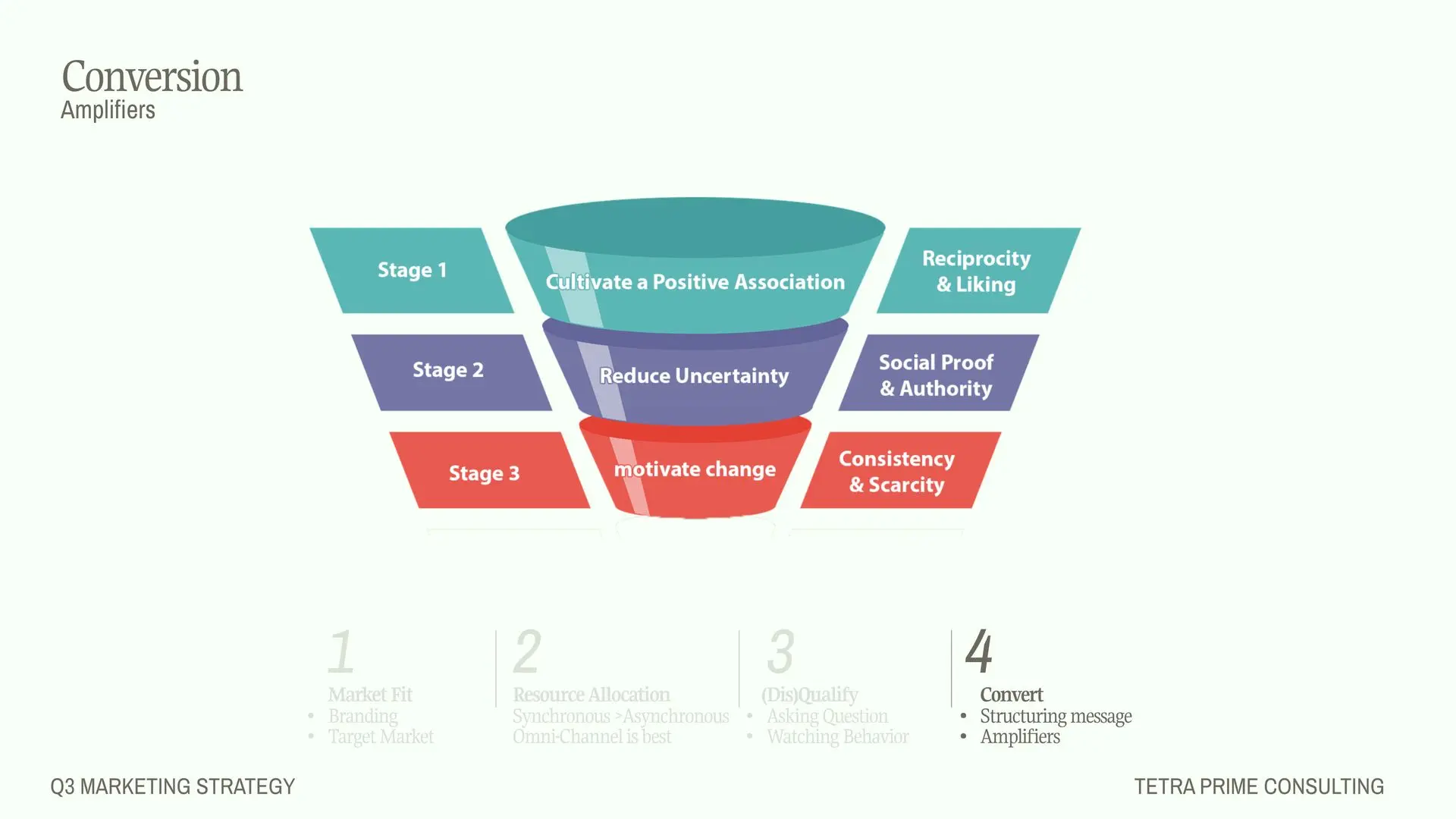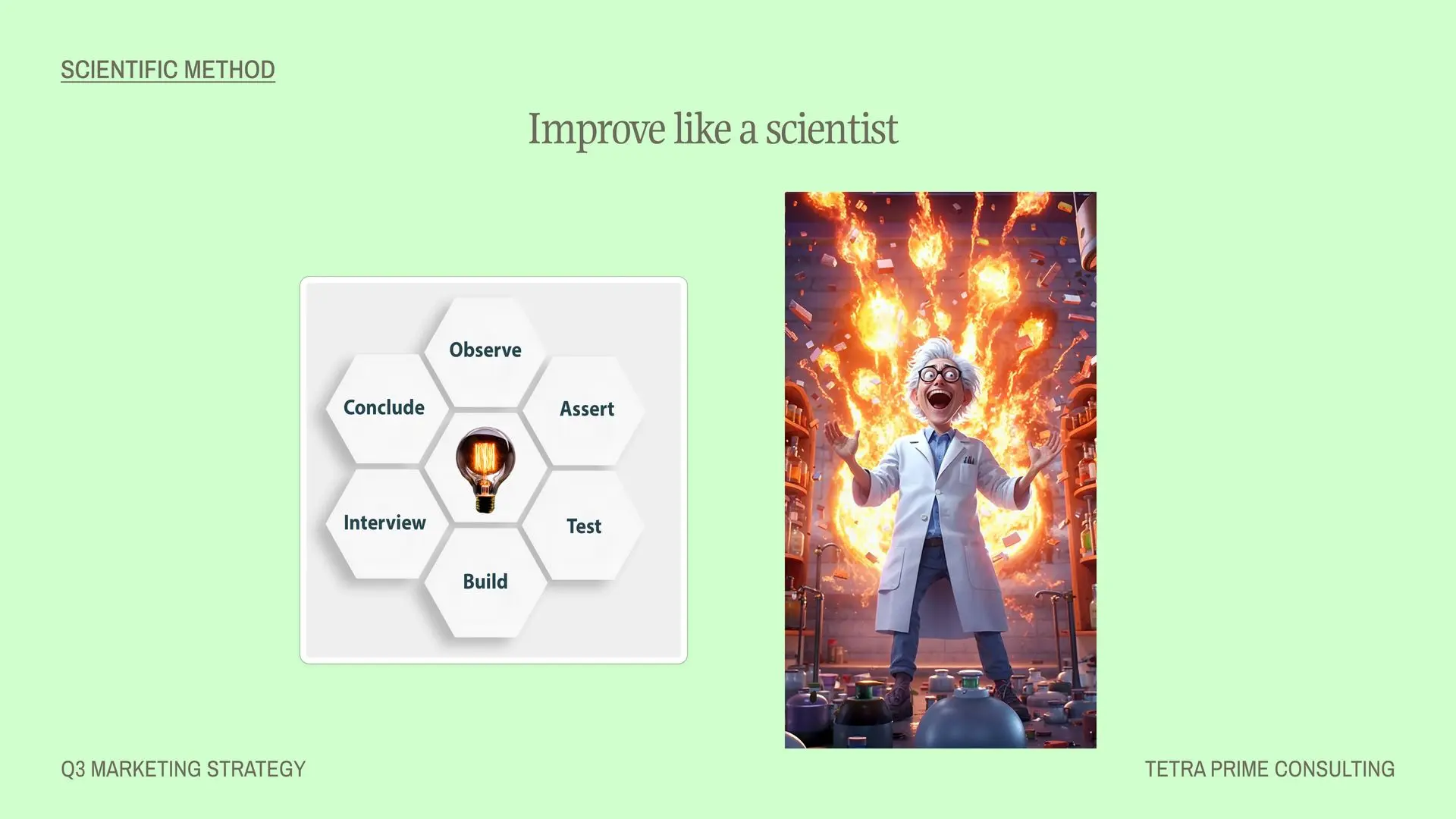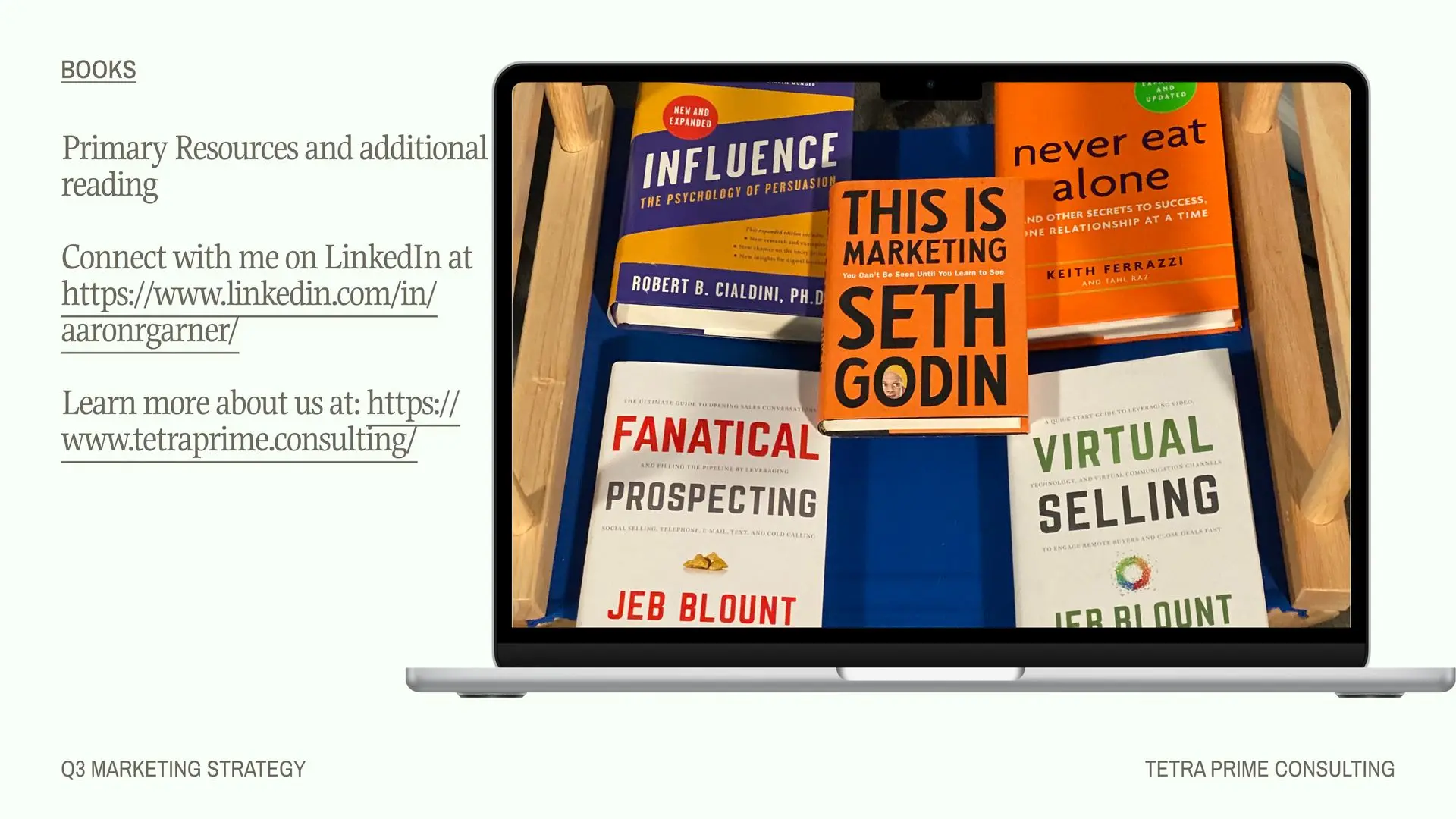“Marketing, for me, is shortening the distance between someone needing help and actually getting it.”
That statement frames not just a philosophy, but a career journey—one that began in mental health and evolved into a unique approach to marketing for therapists and helping professionals.
In a recent presentation, Aaron (a former mental health technician turned marketing strategist) shared candid insights about the intersection of empathy, business, and branding in the therapy world. If you're a therapist or group practice owner navigating growth, referrals, or burnout, what follows is a powerful reframing of marketing—not as manipulation, but as a mission.
The Shift: From Mental Health Tech to Marketing Advocate
Aaron's journey began in an inpatient psychiatric unit where he worked his way from technician to shift lead and eventually program coordinator. Over time, he grew increasingly curious: Why were so many patients returning? What was breaking down between discharge and real-life integration?
Volunteering on his off-days, he began learning the business side of care—referrals, partnerships, hospital outreach. That curiosity led to a full pivot into business development, then to marketing and eventually launching a marketing agency.
“I didn’t get into sales because I loved selling—I got into it because I wanted to help.”
Marketing Is a Continuum—Not a Department
When you're a solo practice or a small group, marketing, sales, customer service, and delivery all blur together. But they each matter. In fact, marketing is often the very first act of care.
Aaron recalled how he used to persuade reluctant inpatients to attend group therapy. His method? Radical attention. He watched body language. He followed up. He printed out materials and returned with something personal.
“Sales, to me, was learning how to be helpful in a way that made people feel seen. That’s how you build trust.”
Hard Truth #1: You Must Value Marketing and Sales
In the therapy world, many professionals feel ambivalent—even ashamed—of marketing or sales. But if you own your practice, neglecting marketing is like ignoring finance or HR. It’s not optional. It’s foundational.
Sales isn’t about “convincing” someone to do something they don’t want to do. Done right, it’s helping someone make a decision that’s already in their best interest.
Hard Truth #2: Being Judgmental Can Be a Kindness
Therapists are trained to be nonjudgmental—and that’s essential in client work. But in marketing and positioning, discernment is everything.
You need to know:
- What you do best
- Who you serve best
- When to say no (and when to refer)
Branding isn’t about being everything to everyone. It's about being clear, focused, and memorable. That’s not exclusionary—that’s effective.
“If you’re afraid to specialize, you end up being forgettable.”
Smart Resource Allocation: Go Face-to-Face First
While digital marketing matters, Aaron urges therapists to prioritize face-to-face, synchronous, one-to-many opportunities (e.g. talks, workshops, panels). These build trust faster than any ad ever could.
Yes, it’s uncomfortable.
Yes, it’s slow.
But it’s worth it.
“Face-to-face builds real trust. That makes it easier to ask for contact info. Which makes it easier to follow up and serve.”
Before You Convert, You Must Disqualify
If you’re attracting the wrong clients, your conversion rates suffer, your intake team gets overwhelmed, and your therapists burn out.
Clear disqualification criteria improve everything:
- Website copy that specifies who you’re right for (and who you’re not)
- Intake forms that filter early
- Phone scripts that politely say no
“Excluding people is a kind service. If it’s not a good fit, saying so helps everyone.”
Build Brand Through Values, Not Just Offers
A strong brand isn’t just visuals or a slogan—it’s consistent values in action. Aaron’s company emphasizes being curious, resourceful, and empirical—and they hire, fire, and market based on those traits.
“You need values that are non-negotiable. You’d rather close your doors than violate them. That’s brand.”
The Funnel of Trust: A Better Marketing Sequence
Aaron adapted Dr. Robert Cialdini’s famous influence principles into a therapist-friendly funnel:
- Unity & Reciprocity – Create shared identity and give value
- Liking & Authority – Be relatable and demonstrate competence
- Social Proof – Show that others trust you
- Scarcity & Consistency – Make action feel urgent and aligned
No tricks. No coercion. Just good structure.
The Long Game: Present, Improve, Repeat
Public speaking, like therapy, is a skill. Practice it. Desensitize yourself to the nerves. Build familiarity with your audience and environment.
Even when no clients come from a presentation, you still win:
- You sharpen your message (human capital)
- You build goodwill (social capital)
- You build visibility (brand capital)
“Three ways to win: improve your skills, build your network, and maybe—just maybe—land some business.”
Final Takeaway: Judgment, Fit, and Brand Are Acts of Service
Whether you’re a solo therapist, group practice owner, or agency leader, the lesson is clear:
- Marketing isn’t sleazy. It’s a service.
- Judgment isn’t cruel. It’s clarity.
- Sales isn’t trickery. It’s trust-building.
When done right, you don’t just fill your caseload—you help people find the right help, faster.
